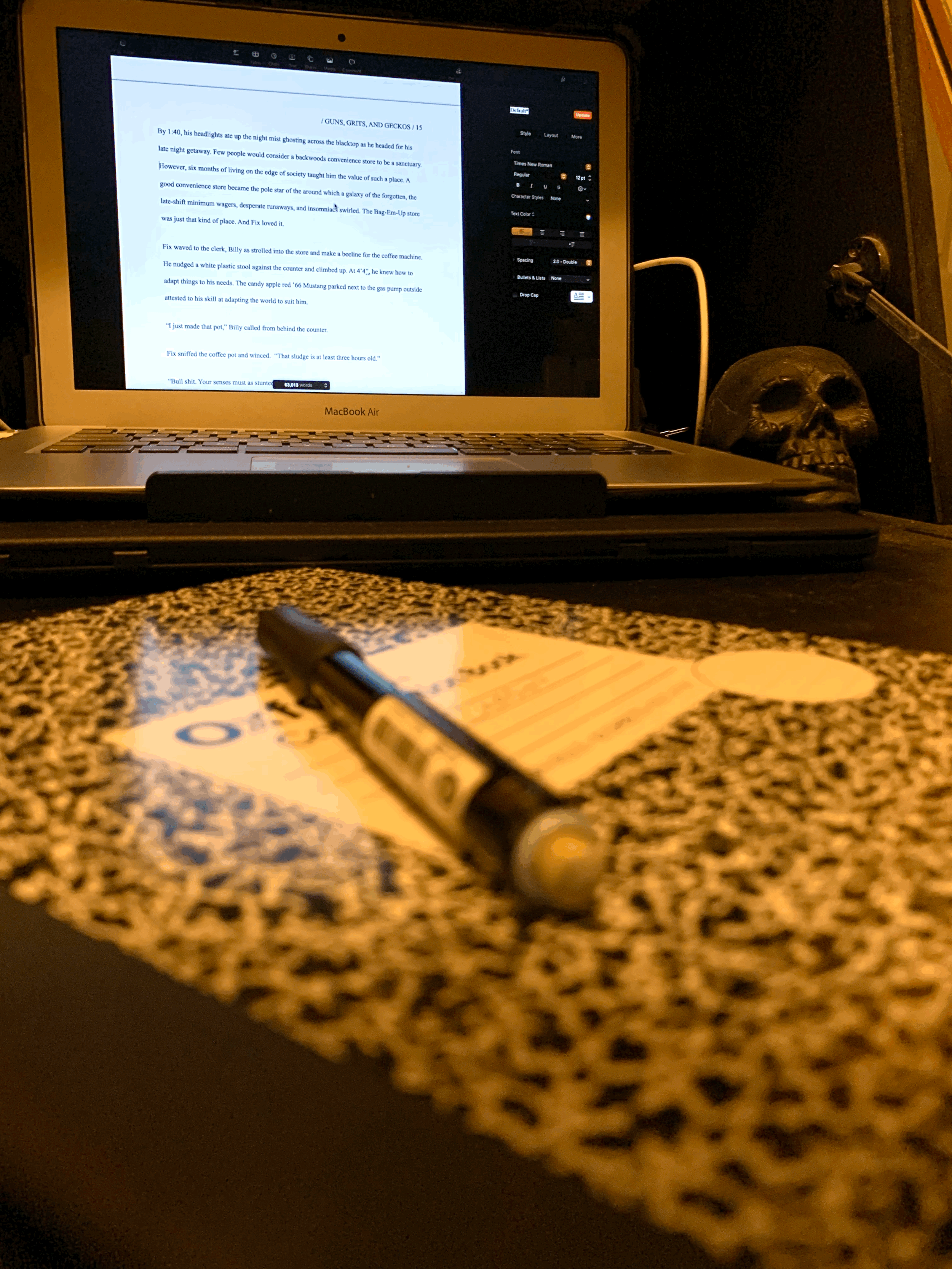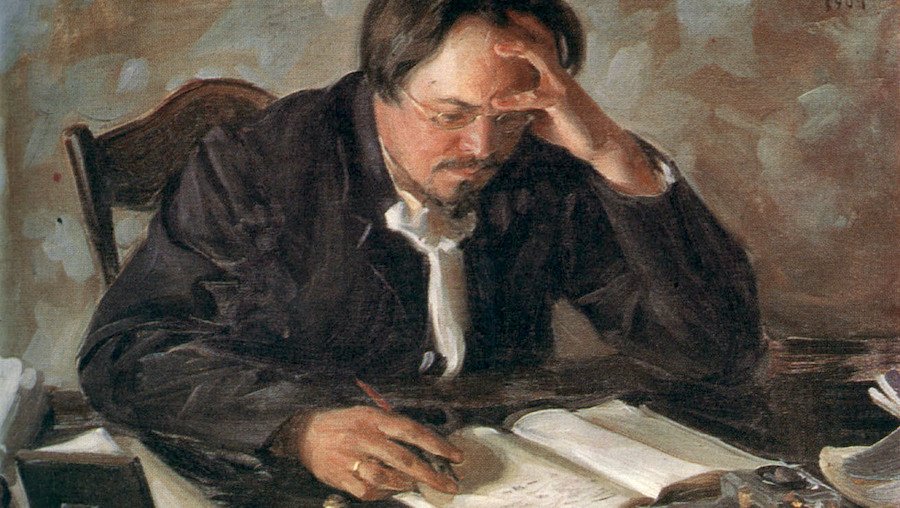In addition to being an author, I work in a bookstore. One of my many titles is of Local Author Coordinator. It’s a fancy title for a minor role. In short, I set up Sunday signings for local authors. We set up a table for them and they sell their books on a one-day consignment basis. After that, we do a 60/40 split on the gross sales. Authors get a chance to reach new readers and say they’ve sold their book in a Indie Bookstore that’s been in business for 125 years.
After doing this for awhile, I’ve noticed that many of the authors fall into a couple of categories.
THE VANITY AUTHOR- This author spends lots of money at one of the many vanity presses or maybe bypasses any sort of press and simply hires a company to print their self-edited manuscript. These authors rarely research the markets or bookstores. They wanted to write a book and expect every bookstore to stock it. I have mixed feelings about such authors. It irritates me that they think money can solve anything. However, I feel bad for many senior citizens who fall prey to unscrupulous vanity presses who take their money and give them no follow up help at all.
THE INDIE AUTHOR- When I speak of the Indie Author, I mean the professional kind. They have researched their subject and written a compelling book. They paid money to have their book professionally edited and hired a good cover artist. Most of the time, they’ve researched the market. They hit up their local bookstores, rent tables at fairs and markets, attend conferences, and spend a lot of time on social media, plugging their book and making contacts. Often, their reason for being an Indie author is to have complete creative control.
THE SMALL PRESS AUTHOR- These authors are a part of a growing industry of small presses. Some of the most interesting writing comes out of these areas. They often cover genres that the Big Publishers are too timid to tackle. Some times, these authors make a better living than more traditionally published writers. Since they get small to no advances, they start making money faster off of their work. Some great award winning authors first started out at these small presses and end up winning some prestigious awards.
I empathize with all authors. However, I have a few little pleas to those of you who contact bookstores.
MAKE SURE YOUR BOOK IS FINISHED AND FULLY EDITED
MAKE SURE YOUR BOOK LOOKS PROFESSIONAL
REALIZE BOOKSTORES ARE BUSY. DO YOUR RESEARCH ABOUT THEM BEFORE YOU APPROACH. GIVE THEM TIME. BUGGING THEM ONLY WORKS AGAINST YOU.
REALIZE BOOKSTORES SURVIVE ON A RAZOR-THIN MARGIN. BE REASONABLE WITH YOUR EXPECTATIONS. ALSO, REALIZE THAT THEY CAN ONLY SELECT BOOKS THAT THEY KNOW THEIR CUSTOMERS WILL BUY. SHELF SPACE COSTS MONEY.
DON’T MENTION YOUR BOOK IS AVAILABLE AT AMAZON. BEZOS HAS USED BOOK SALES AS A LOSS LEADER FOR A LONG TIME TO LURE CUSTOMERS INTO THEIR SUBSCRIPTION SERVICES. MANY SMALL BOOKSTORES WENT OUT OF BUSINESS BECAUSE OF THEM.
SHOP AT YOUR LOCAL BOOKSTORE. IF YOU WANT THEM TO SUPPORT YOU AS AN AUTHOR, SUPPORT THEM AND THE AUTHORS THEY BRING INTO THE STORE.
In the end, anyone can be a writer. However, not everyone is an author. For that, you must finish what you start. Write the book. Polish the book. Make the book the best it can be. Don’t try to skip the steps. It’s a job as well as a journey. Once you’ve done all of that, pat yourself on the back. Then, put just as much work into getting that book in front of readers.
Oh, and good luck.


